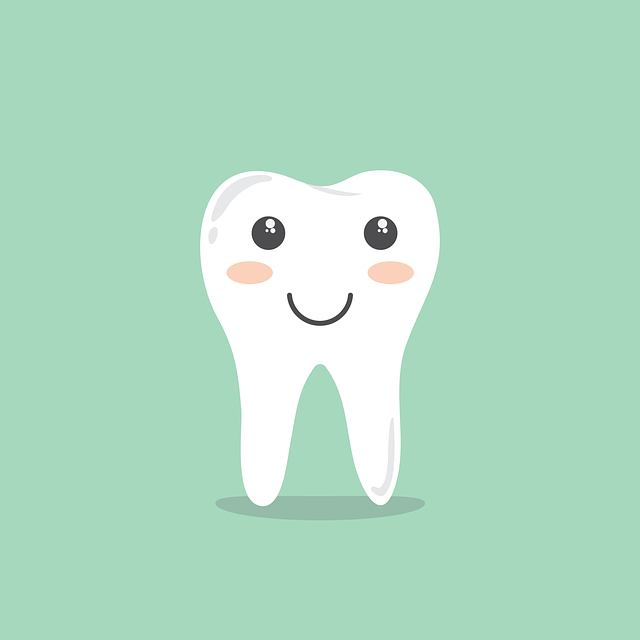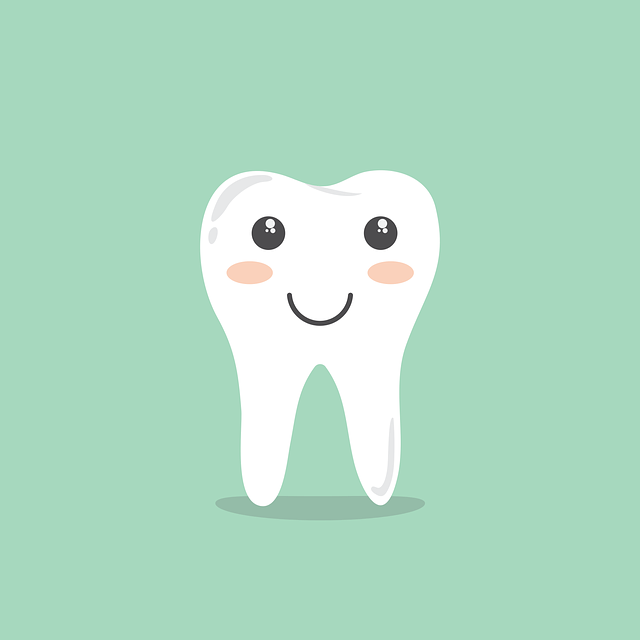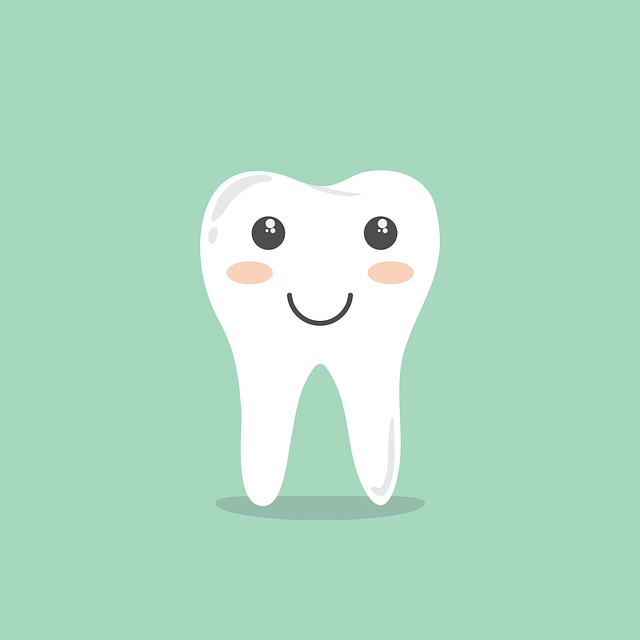Smoking and Retainers: What You Need to Know
Smoking and retainers: two seemingly unrelated topics that have a significant impact on our oral health. While retainers play a crucial role in maintaining a straight and beautiful smile, smoking, on the other hand, poses a myriad of health risks that extend far beyond the lungs. But what happens when these two worlds collide? In this article, we delve into the lesser-known consequences of smoking on retainers and explore what you need to know to protect both your oral health and that captivating smile. So, sit back, relax, and let’s unlock the secrets that lie within the intersection of smoking and retainers.
1. The Link Between Smoking and Retainers: A Comprehensive Overview
Smoking has long been associated with a multitude of health issues, but its impact on oral health, specifically in relation to retainers, is often overlooked. This comprehensive overview aims to shed light on the link between smoking and retainers, providing valuable insights for both smokers and non-smokers alike.
1. Staining: One of the most noticeable effects of smoking on retainers is staining. The tar and nicotine present in cigarettes can easily adhere to the retainer’s surface, leading to discoloration and an unsightly appearance. Regular cleaning may help mitigate this issue, but it is essential to note that even with diligent care, some degree of staining may persist.
2. Increased Bacterial Growth: Smoking has been shown to increase bacterial growth in the mouth, creating an environment that is more prone to infections. This heightened bacterial activity can affect the cleanliness and hygiene of retainers. Smokers may experience a higher risk of developing oral infections, which can potentially transfer to the retainer and compromise its cleanliness.

2. How Smoking Affects Dental Retainers: Unveiling the Facts
Smoking can have detrimental effects on your dental retainers, compromising their effectiveness and longevity. Here are the key facts you need to know:
1. Discoloration: Smoking stains everything it comes into contact with, and dental retainers are no exception. The nicotine and tar present in cigarettes can cause unsightly yellow or brown stains on your retainers, making them less aesthetically pleasing.
2. Build-up of Plaque and Tartar: Smoking increases the likelihood of plaque and tartar formation on your teeth, which can also accumulate on your dental retainers. This build-up not only affects the appearance of your retainers but also creates a breeding ground for bacteria, potentially leading to bad breath and oral health problems.
3. Weakening of Materials: The chemicals present in cigarettes can weaken the materials used in dental retainers over time. This can result in a decreased ability to maintain the alignment of your teeth properly, reducing the effectiveness of the retainers in preventing tooth movement.
4. Increased Risk of Infections: Smoking compromises the immune system, making it more difficult for your body to fight off infections. If bacteria or other pathogens come into contact with your dental retainers, the risk of developing oral infections, such as gum disease or thrush, increases.

3. Understanding the Risks: Smoking and Its Impact on Retainer Health
Smoking poses significant risks to the health of retainers. The harmful effects of smoking can have a direct impact on the overall condition and longevity of retainers. It is crucial to understand these risks in order to make informed decisions about smoking and its potential consequences on retainer health.
Here are some key points to consider:
- Smoking and tobacco use can lead to gum disease, which can weaken the supporting structures of the teeth and compromise the effectiveness of retainers.
- Cigarette smoke contains harmful chemicals that can stain and discolor retainers, affecting their appearance and potentially making them less desirable to wear.
- Smoking can impair the body’s ability to heal, increasing the risk of complications after orthodontic treatment and potentially prolonging the duration of retainer use.
- Exposure to secondhand smoke can also have negative effects on retainer health, as the chemicals in the smoke can penetrate the retainer materials and impact their integrity.
By understanding these risks, individuals who wear retainers can make informed decisions about smoking and take steps to mitigate the potential impact on their retainer health. Quitting smoking or reducing exposure to secondhand smoke can greatly improve the overall condition and effectiveness of retainers, ensuring the best possible outcomes for orthodontic treatment.

4. The Importance of Retainer Care: Tips for Smokers
Smokers who wear retainers need to be especially diligent in their retainer care routine. The combination of smoking and wearing a retainer can lead to stains, bad breath, and potential damage to the retainer itself. However, with proper care and a few handy tips, smokers can maintain a healthy and clean retainer.
Here are some essential tips for smokers to keep their retainers in top condition:
- Brush after smoking: It is crucial to brush your teeth and your retainer after smoking. This will help remove any tobacco residue and prevent it from staining your retainer. Use a soft-bristled toothbrush and a non-abrasive toothpaste to gently clean both your teeth and the retainer.
- Soak the retainer: To further eliminate any lingering odor or stains, soak your retainer in a denture cleaning solution or a mixture of equal parts water and hydrogen peroxide. This will help remove any tobacco particles and keep your retainer fresh. Be sure to follow the manufacturer’s instructions and only use solutions that are safe for your retainer material.
- Avoid smoking while wearing the retainer: Smoking with your retainer in place can cause the retainer to absorb smoke and odors, leading to discoloration and an unpleasant smell. Whenever possible, remove your retainer before smoking to maintain its cleanliness and integrity.
By following these tips, smokers can ensure that their retainers remain clean, fresh, and odor-free. Remember, regular dental check-ups and professional cleanings are also important in maintaining good oral health, so be sure to schedule regular appointments with your dentist.

5. Exploring Alternatives: Quitting Smoking to Preserve Retainer Functionality
In order to preserve the functionality of your retainer, it is important to explore alternatives to smoking and its detrimental effects. Quitting smoking not only benefits your overall health, but it also plays a significant role in maintaining the effectiveness of your retainer. Here are some key alternatives to consider:
- Nicotine Replacement Therapy (NRT): NRT products such as patches, gum, or lozenges can help satisfy your nicotine cravings without the harmful effects of smoking. These alternatives provide a controlled dose of nicotine to gradually reduce your dependence and make quitting easier.
- Behavioral Support: Seek support from friends, family, or join a smoking cessation program. These resources can provide guidance, motivation, and helpful tips to overcome the challenges of quitting smoking. By changing your behavior and adopting healthier habits, you can protect the functionality of your retainer.
- Medications: Consult with your healthcare provider about medications that can assist in smoking cessation. Certain prescription medications, such as bupropion and varenicline, can help reduce cravings and withdrawal symptoms, increasing your chances of successfully quitting smoking.
By exploring these alternatives and quitting smoking, you are taking a proactive step towards maintaining the functionality of your retainer. Remember, quitting smoking not only benefits your oral health but also promotes overall well-being. Embrace these alternatives and enjoy the positive impact they will have on your retainer and your health as a whole.
6. Seeking Professional Advice: Dentists’ Recommendations for Smokers with Retainers
When it comes to smokers who wear retainers, seeking professional advice is crucial to ensure proper oral health and the longevity of the retainers. Dentists highly recommend following these guidelines:
- Regular dental check-ups: Smokers with retainers should schedule regular dental check-ups to monitor any potential issues that may arise due to smoking. These check-ups help dentists identify early signs of oral health problems and provide appropriate guidance.
- Thorough cleaning: It is essential for smokers to thoroughly clean their retainers every day to prevent the buildup of tar, nicotine, and other harmful substances. Dentists recommend using non-alcoholic mouthwashes or specialized retainer cleaning solutions, along with gentle brushing, to ensure proper hygiene.
- Minimize smoking: Reducing or quitting smoking altogether is highly advised for individuals wearing retainers. Smoking not only stains the teeth but also increases the risk of gum disease and oral infections. Dentists may provide additional support and resources to help patients quit smoking.
Additionally, dentists may suggest specific oral hygiene routines tailored to individual needs. It is important to remember that seeking professional advice from a dentist is essential for smokers with retainers to maintain optimal oral health and ensure the retainers’ effectiveness in preserving a healthy smile.
7. Long-Term Effects: Smoking and Retainers’ Durability and Lifespan
Smoking can have significant long-term effects on both the durability and lifespan of retainers. Here are some key points to consider:
1. Discoloration: Smoking can cause retainers to become discolored over time, resulting in an unsightly appearance. The tar and nicotine present in cigarettes can easily stain the retainer, making it difficult to clean and maintain.
2. Weakening of materials: The chemicals present in cigarette smoke can weaken the materials used to make retainers, such as plastic or metal wires. This can lead to a decrease in the overall strength and durability of the retainer, making it more prone to breakage or damage.
3. Increased bacterial growth: Smoking creates an environment conducive to bacterial growth in the mouth. This can increase the risk of bacterial buildup on the retainer, which not only affects its lifespan but also poses a threat to oral health.
4. Reduced effectiveness: Retainers are designed to maintain the position of teeth after orthodontic treatment. However, smoking can interfere with the retainer’s effectiveness by causing teeth to shift or move. This can result in the need for additional orthodontic treatment and may shorten the lifespan of the retainer.
Frequently Asked Questions
Q: How does smoking affect retainers?
A: Smoking can have detrimental effects on retainers, compromising their durability and overall effectiveness.
Q: Can smoking discolor or stain retainers?
A: Yes, smoking is a common culprit for staining retainers, often leaving behind unsightly yellow or brown discoloration.
Q: Does smoking cause bad breath while wearing retainers?
A: Unfortunately, smoking can contribute to bad breath even when wearing retainers. The combination of smoking and wearing retainers can lead to unpleasant odors.
Q: Is there a risk of damaging retainers through smoking?
A: Yes, smoking can potentially damage retainers due to the heat and chemicals involved. The plastic material of the retainer may become warped or weakened, affecting its fit and functionality.
Q: Can smoking impact the hygiene of retainers?
A: Absolutely. Smoking introduces harmful substances into the mouth that can easily transfer onto retainers, making them more difficult to clean and maintain properly.
Q: Are there any long-term consequences of smoking while wearing retainers?
A: Yes, smoking while wearing retainers can have long-term consequences. It can compromise the durability of the retainers and may result in the need for more frequent replacements.
Q: What are some tips for smokers who wear retainers?
A: Smokers who wear retainers are advised to clean their retainers regularly with mild soap and water, avoid smoking while wearing them, and maintain good oral hygiene practices to minimize the negative effects of smoking.
Q: Can vaping have the same impact on retainers as smoking?
A: Vaping, similar to smoking, can stain and damage retainers due to the chemicals and heat involved. It is important to exercise caution and follow proper cleaning and maintenance procedures.
Q: How can I prevent smoking-related damage to my retainers?
A: The best way to prevent smoking-related damage to retainers is to quit smoking altogether. If quitting is not an option, minimizing smoking while wearing retainers, cleaning them regularly, and following good oral hygiene practices can help reduce the negative impact.
Q: What are the consequences of neglecting proper retainer care while smoking?
A: Neglecting proper retainer care while smoking can lead to accelerated wear and tear, discoloration, odor, and compromised effectiveness. It is crucial to prioritize retainer maintenance to ensure optimal results.
In Conclusion
In conclusion, it is crucial to be aware of the impact smoking can have on your retainers. By understanding the potential risks and taking preventive measures, you can ensure the longevity and effectiveness of your orthodontic treatment. Here are the key takeaways to remember:
1. Smoking can discolor and stain your retainers, affecting their appearance and hygiene. Regular cleaning and maintenance are essential to keep them in optimal condition.
2. The chemicals in tobacco smoke can weaken the materials of your retainers, compromising their structural integrity. This may result in breakage or reduced effectiveness in maintaining your teeth alignment.
3. To minimize the negative effects of smoking on your retainers, it is advisable to limit tobacco usage or consider quitting altogether. This not only benefits your overall health but also protects your orthodontic investment.
4. If you are unable to quit smoking, it is important to communicate openly with your orthodontist. They can provide guidance on proper care, recommend suitable cleaning products, and help monitor any potential damage caused by smoking.
Remember, taking care of your retainers is crucial for maintaining the results of your orthodontic treatment. By being mindful of the impact smoking can have on your retainers, you can ensure a healthy and confident smile for years to come.






